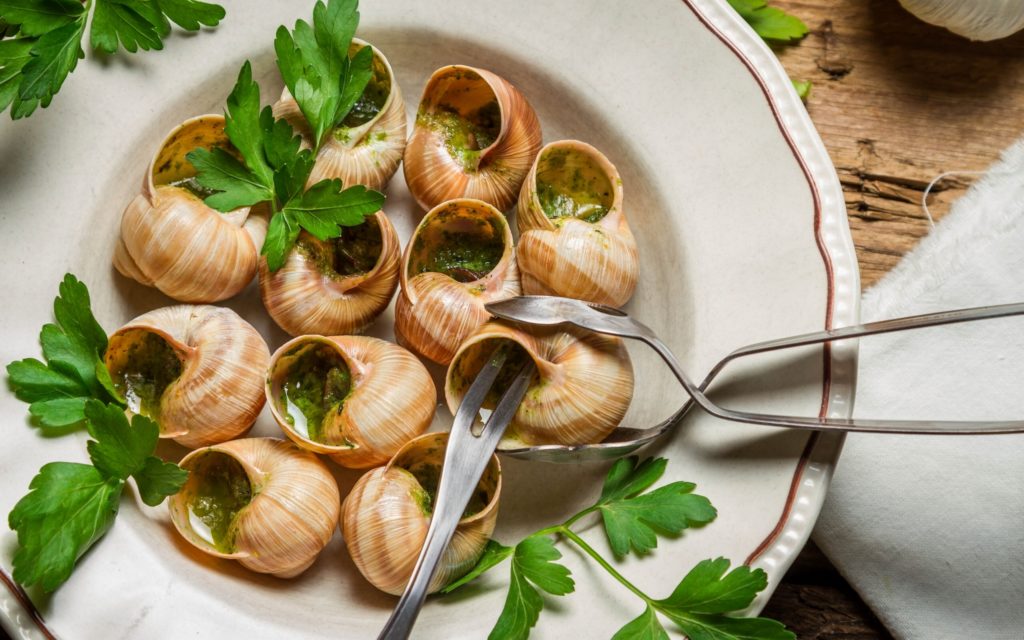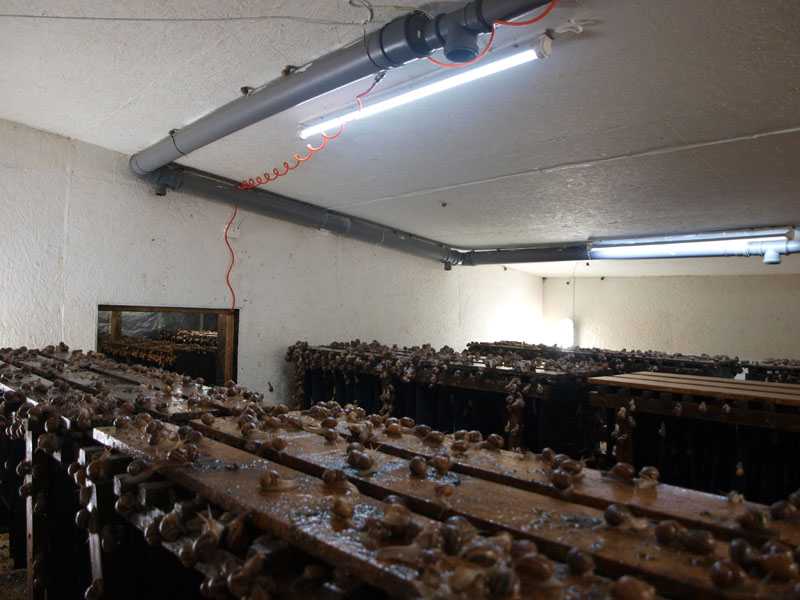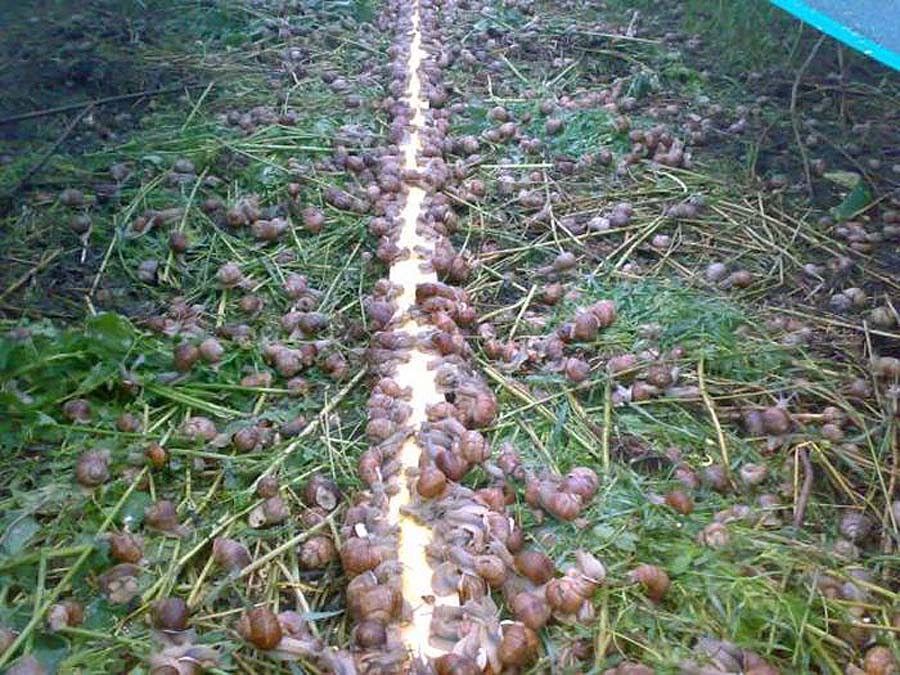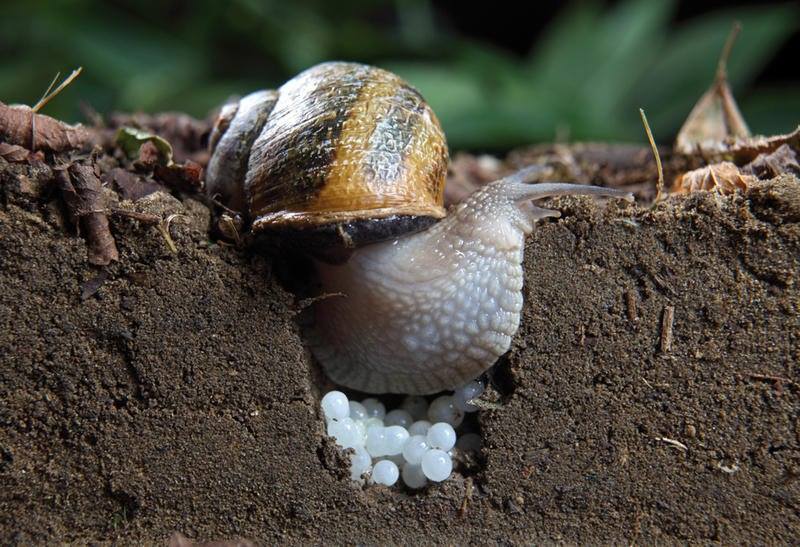Successful Farming: Snail Breeding Business

💡 Want more business insights? Stay ahead of the curve with our exclusive updates!
👉 Join our Telegram channel for daily business ideas and expert tips.
👉 Follow us on Facebook to never miss a trend or update!
Don’t just read—connect, grow, and innovate with us today!
ome businesses that were considered exotic or unfeasible ten years ago have now turned into stable sources of income for forward-thinking entrepreneurs. One such example is snail farming, which, while uncommon in many regions, offers tremendous opportunities. For many, the idea of making a profit from breeding snails might seem odd. Yet, the facts speak for themselves: the global demand for snails is enormous, particularly in international markets, where supply currently meets only about 60% of demand. This leaves a significant gap that new farmers can fill.
Who Buys Snails?

The primary buyers of snails are high-end restaurants, particularly in culinary hubs like France and Italy. Snail meat is prized for its unique taste and health benefits, making it a delicacy in gourmet cuisine. Recently, the demand for snails has also grown in local restaurants that cater to a sophisticated audience.
Beyond gastronomy, snails are in demand in the cosmetics and pharmaceutical industries. They are used in producing anti-aging skincare products and certain medicinal treatments, adding an additional revenue stream for farmers.
Steps to Start a Snail Farming Business

Starting a snail farm involves two main stages:
- **Legal setup:** This includes registering your business, obtaining permits from veterinary and environmental authorities, and choosing the optimal tax regime. These steps vary by country, so consult local regulations.
- **Operational setup:** This involves sourcing snails, preparing the farm, breeding, and eventually selling the produce.
Sourcing Snails
For regions with moderate humidity and mild climates, grape snails (Helix pomatia) are an excellent choice. These snails are low-maintenance, adapt well to captivity, and reproduce rapidly. It's recommended to buy your initial breeding stock from reputable suppliers in countries like Poland, Germany, or the Czech Republic. Expect to pay around $100 for a starter batch of 750 snails.
Farm Setup
There are three primary methods for setting up a snail farm:
- **Indoor farming:** This method allows year-round breeding thanks to a controlled environment. However, it requires a larger initial investment in facilities or rental space.
- **Outdoor farming:** Suitable for regions with warm seasons. This method is less expensive but limits production to specific times of the year.
- **Greenhouse farming:** A hybrid approach, where snails are raised in greenhouses. This allows year-round breeding at a lower cost compared to constructing permanent buildings.

For indoor setups, ensure good ventilation and maintain temperatures between 20–22°C with humidity levels of 80–90%. Greenhouses offer a cost-effective solution for farmers with limited resources but require careful temperature and humidity management to optimize snail reproduction.
Costs and Revenue

Here’s a breakdown of the expected costs and potential profits:
- **Farm setup (rental or construction):** $200–400
- **Breeding stock:** $100
- **Equipment (trays, incubators, containers):** $200–300
- **Feed and supplements:** $300–400
With proper care, a batch of 750 snails can produce around 4 tons of meat after 1.5 years. At a market rate of $1.5–2 per kilogram, this translates to $6,000 in revenue. After deducting initial expenses, your net profit could exceed $5,000 for a single cycle.
Future Opportunities

Snail farming offers additional revenue opportunities. For example, you can supply snails to cosmetics manufacturers or sell breeding kits to aspiring farmers. Additionally, investing in snail-related products, such as organic fertilizers derived from snail waste, can diversify your income.
While the 1.5-year growth cycle may seem lengthy, the low initial costs and high profitability make snail farming an attractive business for those with patience and planning skills. With growing global demand, now is the perfect time to carve out a niche in this unique industry.
Did you find this article helpful? If so, share it with your friends and help spread the word about the potential of snail farming!
💡 Want more business insights? Stay ahead of the curve with our exclusive updates!
👉 Join our Telegram channel for daily business ideas and expert tips.
👉 Follow us on Facebook to never miss a trend or update!
Don’t just read—connect, grow, and innovate with us today!





































.jpeg)













Note: Comments are being moderated and may take a while to appear. There is no need to resubmit your comment.